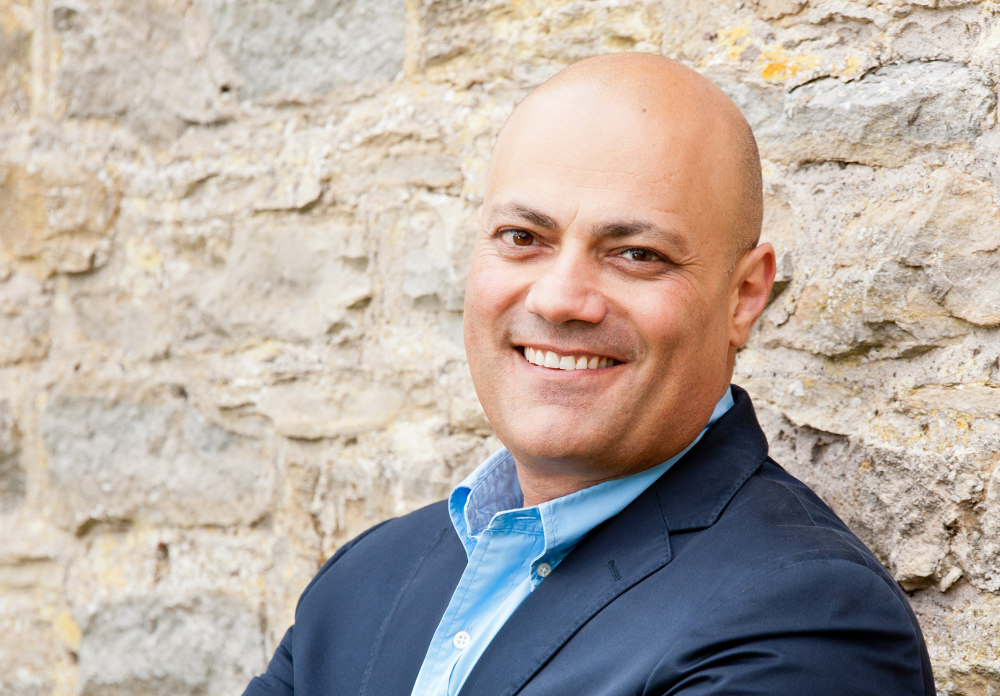
Coping in Isolation through Social Media
Burton Paul looks at how to use social media for good in a crisis
We are facing a difficult time with high levels of fear and anxiety hanging over our heads, not knowing how long we will need to be in isolation, if it will work, and if a coronavirus vaccine can reach us in time. We worry not just about ourselves, but of those we love as well, especially if they are elderly and vulnerable. A recent ITV survey found that we are more worried about our loved ones than we are about ourselves. So how do we cope?
We are fortunate that we have the gift of social media at our fingertips in this period of isolation, allowing us to be able to connect with those we care about, those we love, and those that used to fill our daily lives with joy. However, one very fundamental thing to keep in mind, is to not think of this isolation as a sprint. It is essential we don’t burn out.
Think of it as a marathon.
So pace yourself. You are not alone. We are all in this together. We are facing a war against a virus. A virus we know very little about, and one we had never heard of until a few weeks ago.
Granted, social media is indeed a gift, but it can also come at a price. We find ourselves reading posts that frighten us with scary material, and we share it with others with the intention to protect them as well.
But are we also sharing mis-information? This is where we need to realise the power of our influence. We need to verify these posts with credible sources of information before we start sharing with others. But we also need to realise the true power of social media which is to connect with others, and remain connected, to be supportive of one another, and to still be able to fill our daily lives with joy, albeit in a slightly different form than in person.
A good set of guidelines to try to follow are below, a list of 10 dos and don’ts when on social media:
- Think before you post
- Think before you reply
- Think before you share
- Don’t believe everything you read
- Stick to credible sources of information
- Be aware of your power to influence others
- Be caring, be kind, we are #strongertogether
- Staying connected on social media helps people feel less isolated
- It’s OK to mute accounts or take a break from social media if it’s stressing you
- Don’t panic, and avoid scaremongering
Some of the most credible and reliable sources of information will come from the World Health Organisation, the CDC, the ECDC, and of course the NHS, and they all have up to date websites. You can also find these credible sources on social media. I have put together a list of credible sources of information on Facebook and Twitter, as well as all the important website links, that you can find at www.isitserious.org/coronavirus
One final point to remember, is that it is OK for you to switch off and have a break every now and then. We find ourselves glued to the news, glued to social media, glued to our newspapers, trying to keep up to date with every single bit of news on the coronavirus so as not to miss anything. Whilst it is important to keep up to date, it is also important to give yourself a break. Maybe read a book, play with your pet, watch a movie, play games with friends via messaging apps, and more. Through all this, try to find a daily routine, and stick to it.
By Burton Paul, healthcare specialist with decades of experience in the industry, and author of Is It Serious? How to search for health information on the Internet, £9.99






